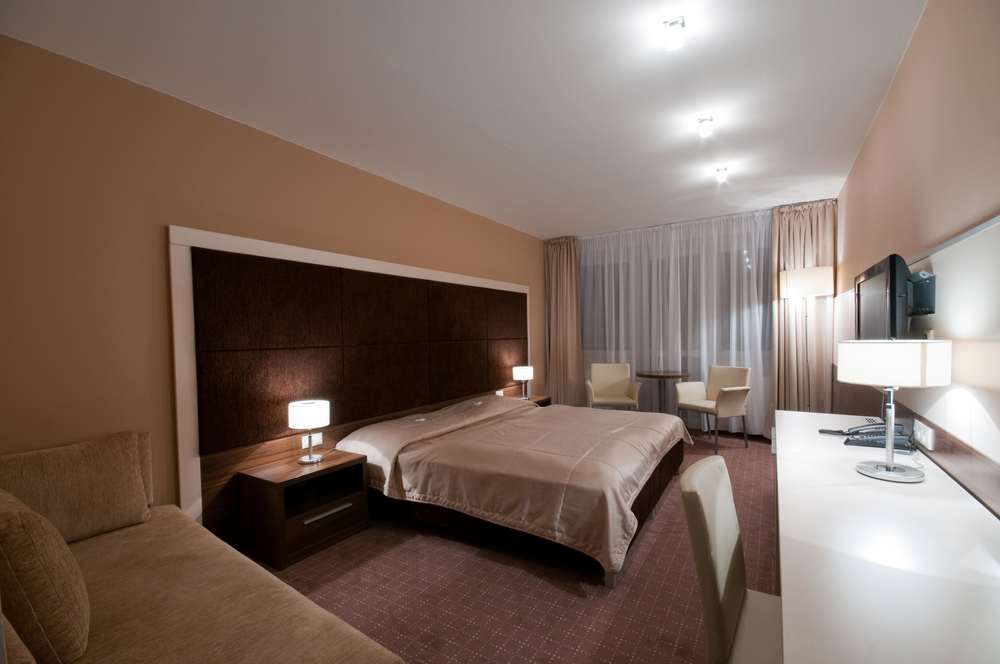The hospitality and tourism industry has changed dramatically since the first motel, in San Luis Obispo, California, was opened in 1925. Today there are over 50,000 hotels in the UK, never mind the growth of services such as Airbnb. More than seven million people are employed directly within hospitality and tourism, and even more than that throughout the supply chain.
Much like other industries, the biggest players in hospitality and tourism have the benefit of being able to invest in all kinds of technology that enables them to become more efficient. This makes it much more difficult for the smaller providers to compete in such a competitive industry. With this in mind, these smaller players often look to provide a niche that the bigger chains can’t give. A hugely popular option for smaller hotels is to offer a traditional stay to their guests. Large hotels strive to stay modern. Everything is clean cut and brand new. This option obviously appeals to many travellers who want the latest technology and to stay connected during their hotel stay. However, for many others the idea of really getting away from it all is what they seek.
Smaller ‘traditional’ hotels focus more on a homely approach than worrying about the quality of the WiFi. Instead of offering room service and five-star cuisine, they instead provide a level of comfort and familiarity that is often lost in these vast hotels. Both options are equally suited to different people. If you want somewhere small and cosy, where all of the staff remember your name then you’re much better off going directly to a smaller hotel. If, instead, you want to know that your WiFi will constantly be connected and you can get dinner delivered to your room, then you’d probably prefer a booking with a bigger chain hotel.









